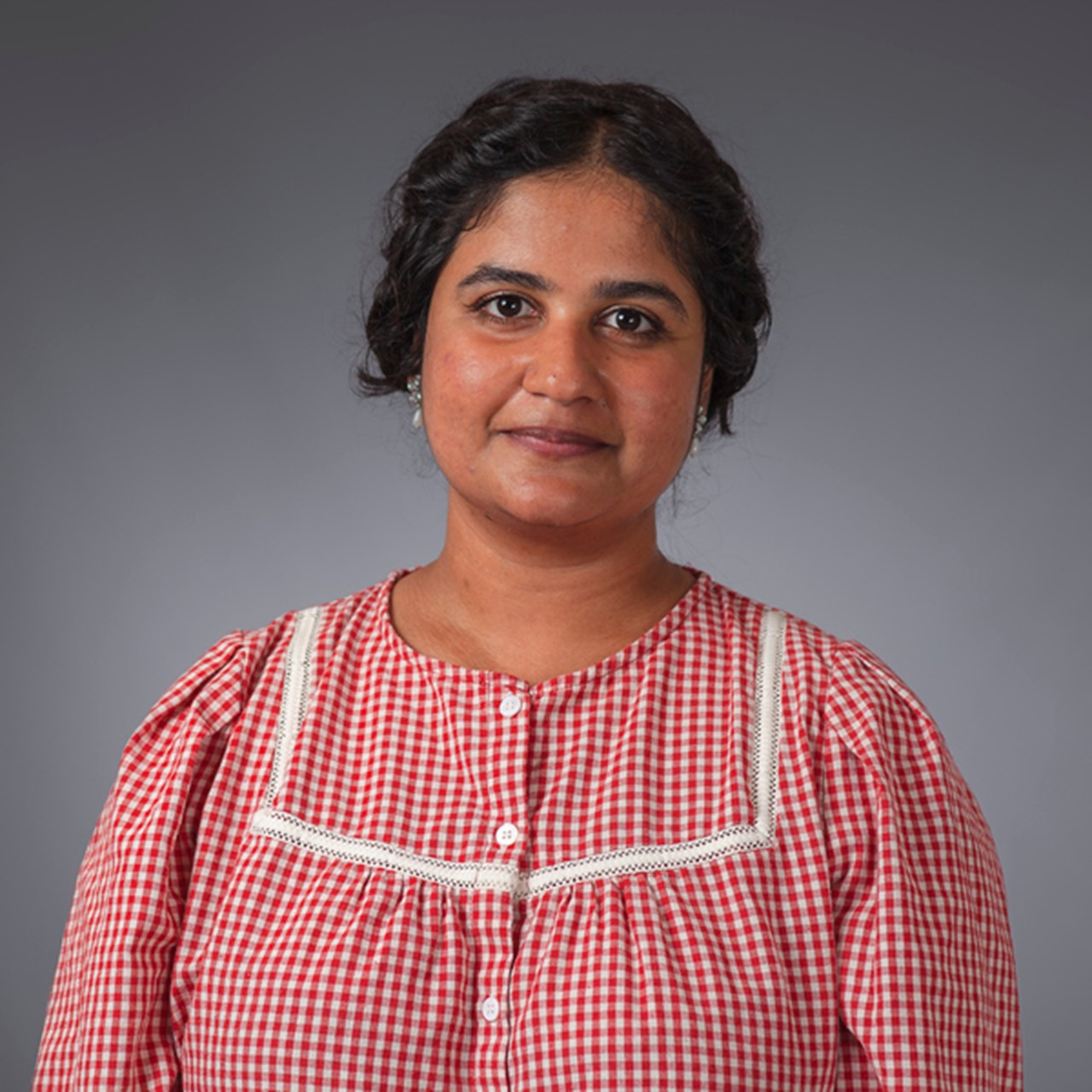About the project
The project "Ultrafast Optical Antiferromagnetic TOPological Spintronics" (ATOPS) receives just over 200 000 euros for two years and will begin in May 2025. This is the second time this year that the Department of Physics has received funding through the Marie Skłodowska-Curie Action Postdoctoral Fellowship. The previous grant was awarded to Anton Kirch, with Ludvig Edman as the supervisor.
Nicolò Maccaferri was also recently awarded an ERC Starting Grant.


